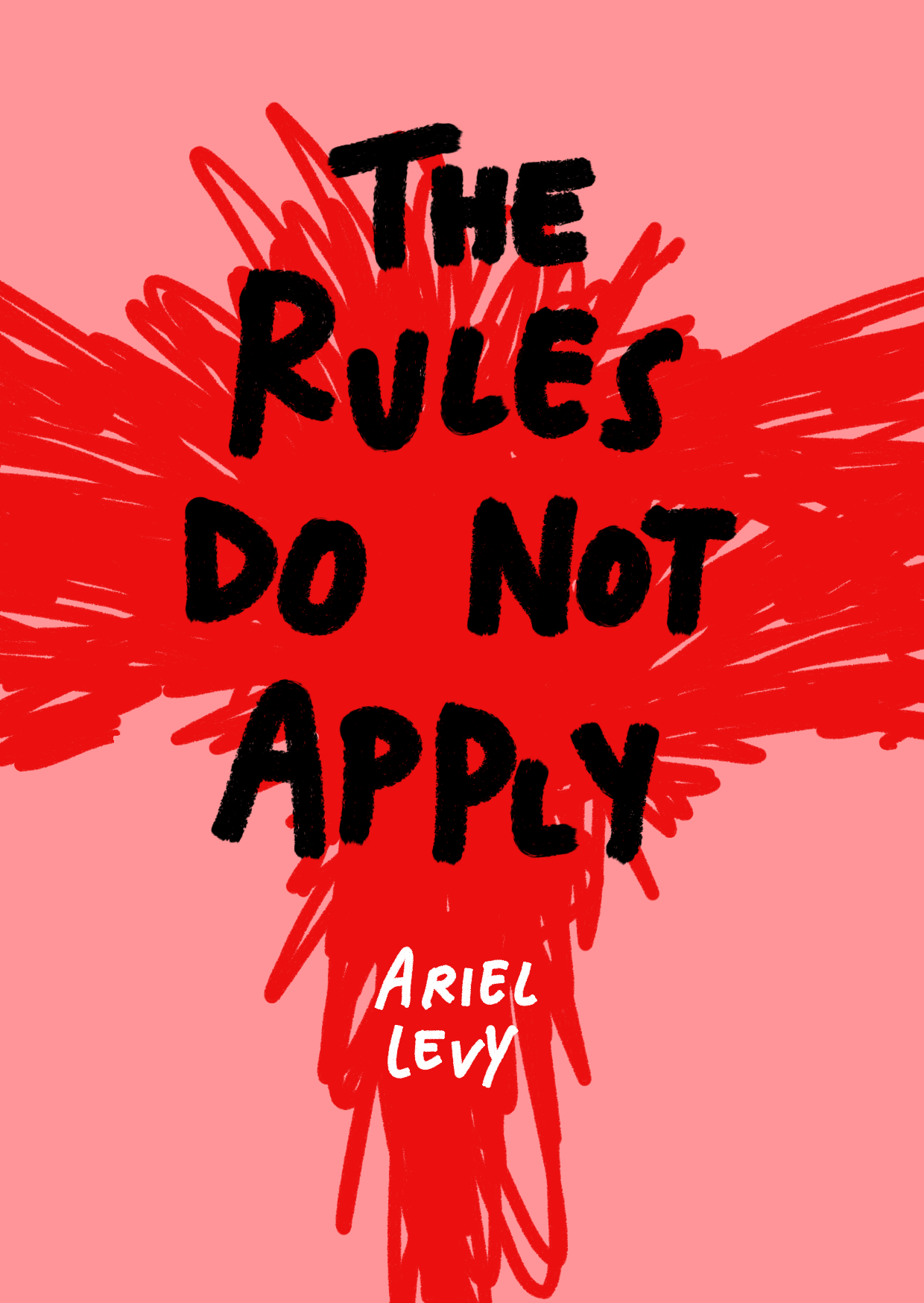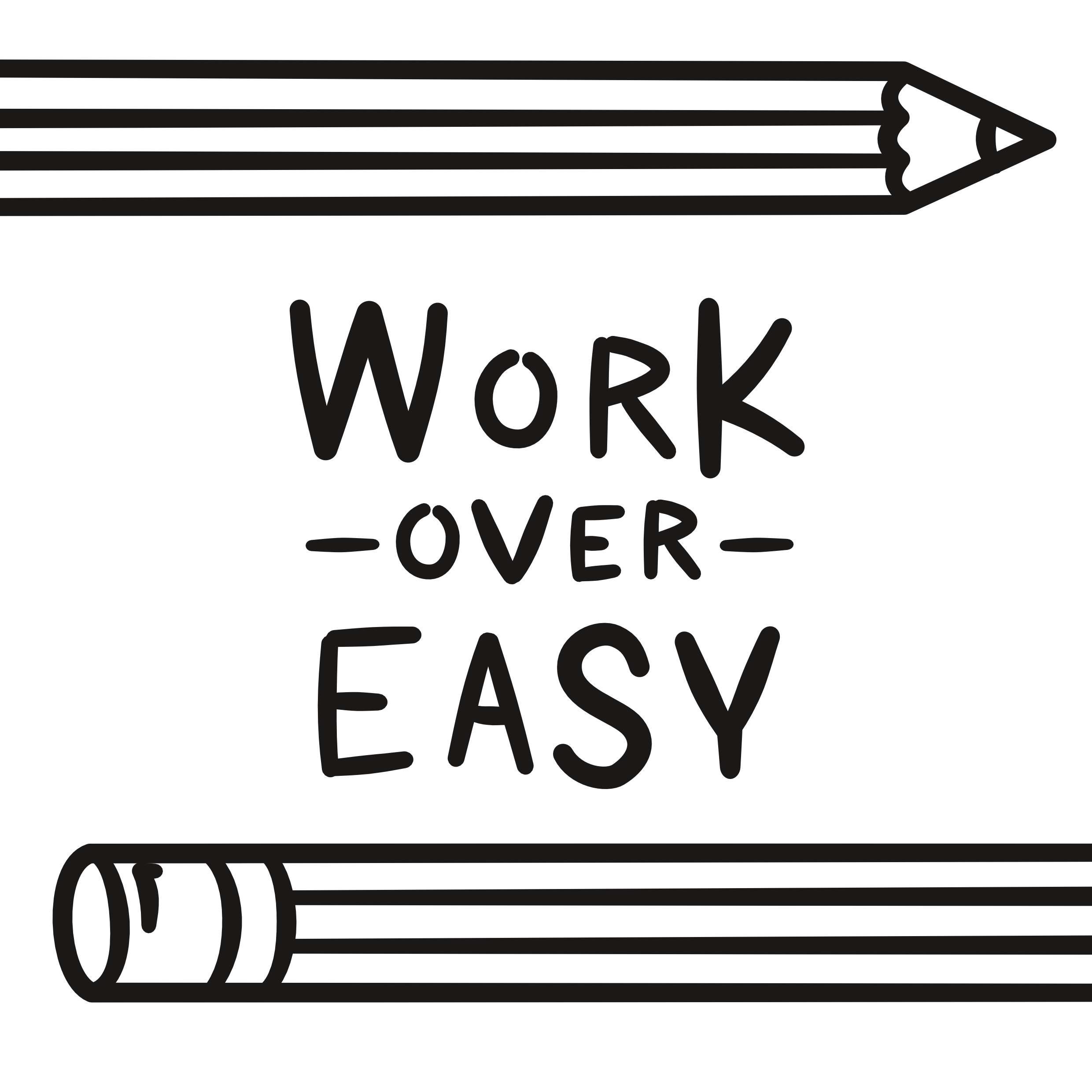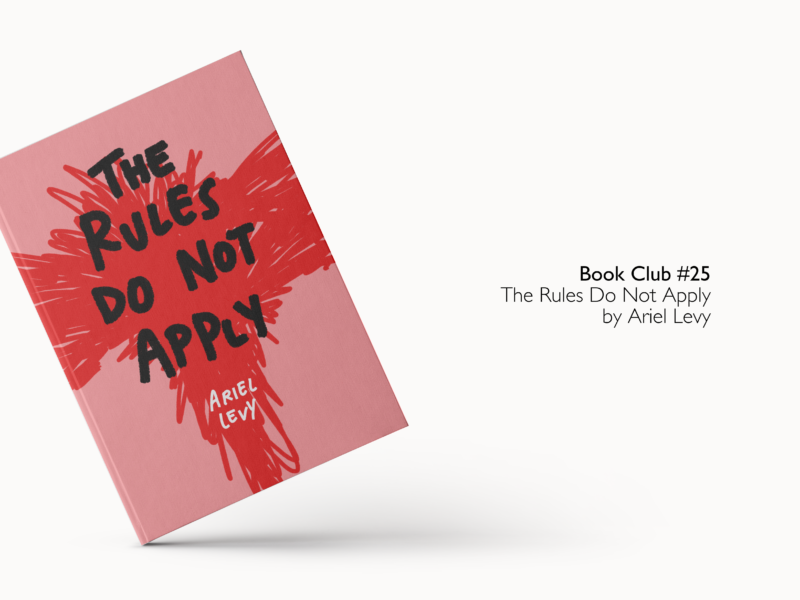Here we are in my 25th book review.
I’ve mentioned before that this year I’ve really been diving much more into non-fiction, and that includes memoirs for the first time ever really. The Rules Do Not Apply by Ariel Levy was a bit of stand out in the pack, and a strong pick for a book club recommendation.
Without giving too much away, this quote gets right to the crux of the subject matter: “the truth is, the ten or twenty minutes I was somebody’s mother were black magic. There is nothing I would trade them for. There is no place I would rather have seen.” It’s a memoir and something of a cautionary tale about trauma, about privilege, about being a woman alone, as a mother and as a wife. As Levy writes about the unravelling of “all of her assumptions about what she [could] control are undone after a string of overwhelming losses” there’s something haunting about the fragility of what we have day to day. As David Remnick writes of the article which was the prelude to her memoir, “the world is full of personal essays. My illness. My divorce. My delight. They are everywhere. Arguably there are too many. Among the average ones, there’s a kind of grasping aspect to them. When they connect, as Ari’s did, there’s really nothing like it.””
The Rules is unforgiving. It’s unforgiving in its depiction of loss and of trauma. It’s also unforgiving of itself. While Levy no longer blames herself for the twists of fate that she was handed, she never lets herself off the hook for the mistakes she feels she made. The Rules feels like a long hard look in the mirror after a shower where you see yourself, truly naked, under no one’s gaze but your own and find yourself examining quite how you’ve changed.
That is to say that’s it’s a brilliantly written piece of self-analysis. While Levy touches on some of the forces that influenced how she behaved, how she viewed herself, it is a book that primarily turns inwards. It is a memoir after all.

I wanted to riff on the colours of the original cover for this alternative design. I’m not sure why but the simple ones always take me the longest to settle on.
Levy is a privileged white woman and I know some readers have found The Rules too solipsistic. That Levy’s constant centring of her own story, is an act of narcissism. That her take on feminism’s and neoliberalism’s claims that women can, should, and are in fact owed the opportunity to have it all, long out of date. I would agree with the foundation of all of those claims, but I don’t think they act to the detriment of the memoir.
Are we not all at the center of our own stories? If we were to write those stories, surely they would come out with all of the baggage and biases of our own various privileges?
As for the point of ‘does anyone really think they can have it all?’ most notably levelled by Charlotte Shane. My personal opinion is no we don’t logically believe it. We can all outwardly debunk it as a myth, as a dream. We can analyse and unpick why it’s a fallacy we’ve been presented to sell us anything and everything, just like we can point of photoshopping on magazine covers. But that doesn’t stop us privately hoping we might just be the one who the rules don’t apply to, that we could have a partner and a career and a family and still have adventures, even if we have to compromise a little. But perhaps that’s my own naivety and privilege showing too.
I raced through The Rules Do Not Apply so fast that I felt a little queasy at the end. It’s not a book for a poolside jaunt into escapism, it’s a book for an afternoon where you need to be shaken a little. Shaken out of your own day to have a moment outside of yourself to reflect and to analyse.
I’ll just leave you with the words that are one the jacket of pretty much every copy of The Rules I’ve seen. They seem to be the only words that quite do it justice.
SOME QUESTIONS TO PONDER AS YOU READ…
- What impact does Levy’s privilege have on how you engage with her story? How do you think it shaped the story itself?
- Knowing how The Rules ends, what impact does the closure it offers have on the messy trauma held within the rest of the memoir?
- Levy describes her life as having been like a “movie” impervious to true loss before this memoir, how has the media shaped how you frame your own life?
- The Rules was published a little after the American election that saw Hilary Clinton lose and books like Cheryl Sandberg’s Lean In lambasted, how does Levy’s memoir fit in this cultural climate?
- Can we ‘have it all’? What does that question mean today?
IF YOU WANT SOME FURTHER READING TRY…
- Penelope Green’s piece for The New York Times, includes more of Levy’s voice, than any others I’ve read and it offers a more personal take.
- Michelle Goldbergsays “Ariel Levy’s memoir about her miscarriage is shot through with a dark undercurrent of self-blame that just might terrify female readers.” in Slate.
- Writing for The Atlantic, Ann Hubert’s review is short but sweet.
- For balance, this more critical review from Charlotte Shane in New Republic calls The Rules Do Not Apply an “Infuriating Memoir of Privilege and Entitlement”
IF YOU WANT MORE BOOKS LIKE THIS HAVE A LOOK AT…
- Ariel Levy’s Thanksgiving in Mongolia (the article that started it all)
- Ariel Levy’s Female Chauvinist Pigs
- Jeannette Winterson’s Why Be Happy When You Could Be Normal?
- Donal Ryan’s All We Shall Know
- Scaachi Koul’s One Day We’ll All Be Dead and None of This Will Matter: Essays


